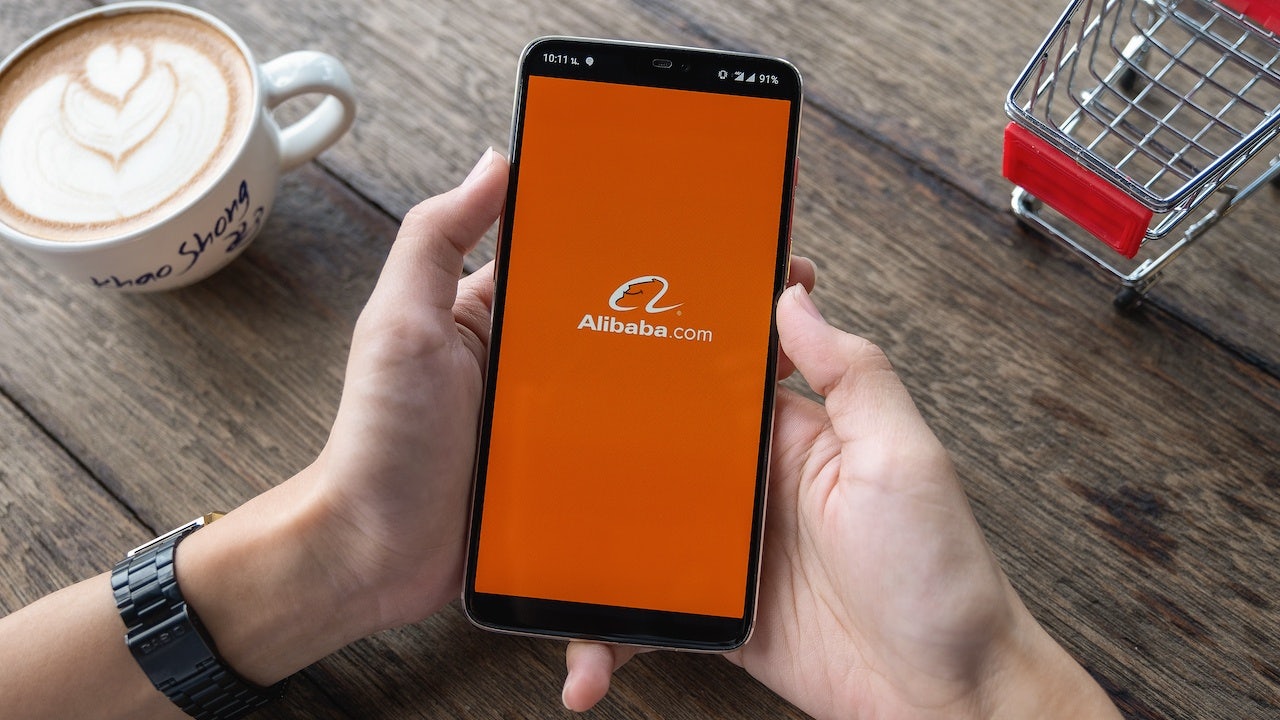Having successfully enticed more than 200 premium international brands to launch official storefronts on its Tmall Luxury Pavilion platform — with the pace accelerating rapidly over the past year — Alibaba has emerged as the leader in luxury e-commerce in China, besting rival JD.com, which has also aggressively courted global brands and also claims more than 200 luxury brand partnerships.
Yet the past few months have taken a toll on the e-commerce giant. In December, Alibaba found itself at the center of a broader tech antitrust campaign and is facing an investigation into “alleged monopolistic practices,” coming on the heels of Beijing’s halt of the affiliated Ant Group’s planning mega-IPO, and followed a flurry of speculation regarding founder Jack Ma’s whereabouts.
Now, Alibaba appears to be taking a more conciliatory approach to appease Beijing, whether by choice or force. Last week, the company announced plans to offer a “lite” version of its discount-oriented Taobao Deals app as a mini-program on competitor Tencent’s WeChat platform. The importance of this move is hard to overstate, given how Chinese tech giants have spent years (and billions) to build and defend their “walled gardens,” banning links to competitors as part of a broader effort to vertically integrate content and commerce.
The Taobao Deals mini-program on WeChat will give merchants the ability to accept payments through WeChat Pay, which Alibaba previously excluded from its ecosystem since it is the main rival to Alipay. For now, questions remain about whether the appearance of Taobao Deals on WeChat represents a sign of things to come. Will Tencent reciprocate and allow greater integration with Tmall Luxury Pavilion via WeChat (another favorite of luxury brands) and other Tencent-owned platforms such as Tencent Video?
Along with the news of Alibaba first tentative step in collaborating with a major competitor, last week the company announced the launch of IPmart, a new intellectual property trading program aimed at helping international fashion and luxury brands that want to take advantage of trends in IP licensing and collaborations but may lack the market knowledge to find the best sources to do so.
According to Tmall data, IP collaborations grew some 60 percent last year, with the Chinese IP licensing market expected to have surpassed the RMB 100 billion ($15.4 billion) mark in 2020. Tmall also released a list of the most popular sources of domestic IP for fashion collaborations last year, which included toy brands B. Duck and Pop Mart, iQiyi reality shows “Fourtry” and “Youth With You,” and leading cultural institutions such as the Palace Museum and Dunhuang Research Academy.
According to Alibaba marketing technology affiliate Alimama, IPmart is made up of four divisions: the IP Copyright Center, IP Contract Center, IP Eco Alliance, and IP Operation Center. Merchants active on the platform will be able to access tools to assist with IP selection, licensing transactions, product development, and marketing. And perhaps more importantly for smaller, independent fashion and luxury brands that are concerned about counterfeiting in China, IPmart will use blockchain technology from Ant Group to help authenticate transactions.
In the near term, it will be interesting to see which international brands, large or small, use IPmart and which Chinese partners ultimately launch collaborations with them. Will it ultimately be used by smaller but still image-conscious luxury brands or be more widely used by mass-market consumer brands or content studios?

